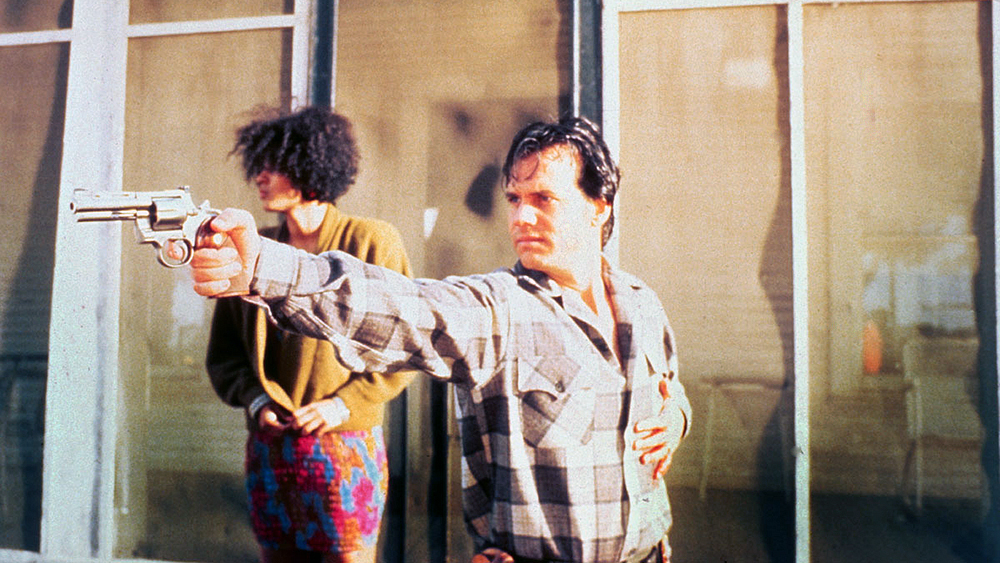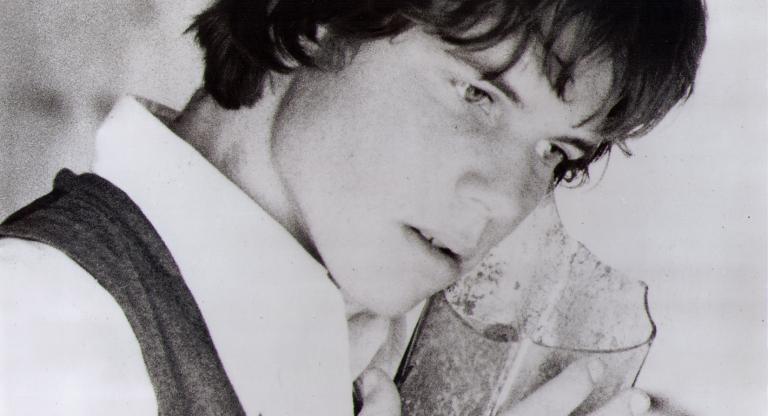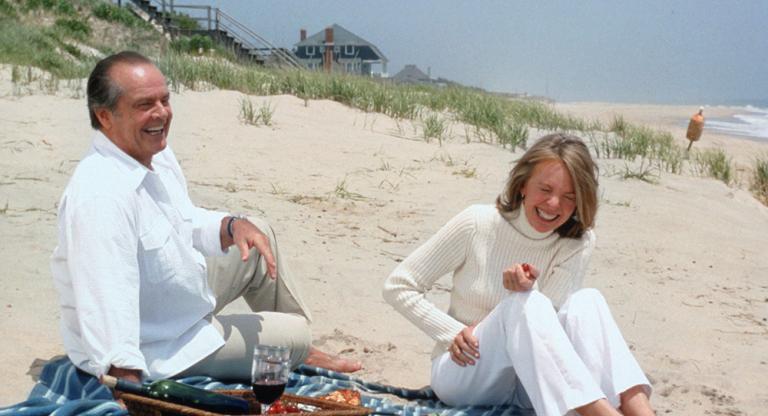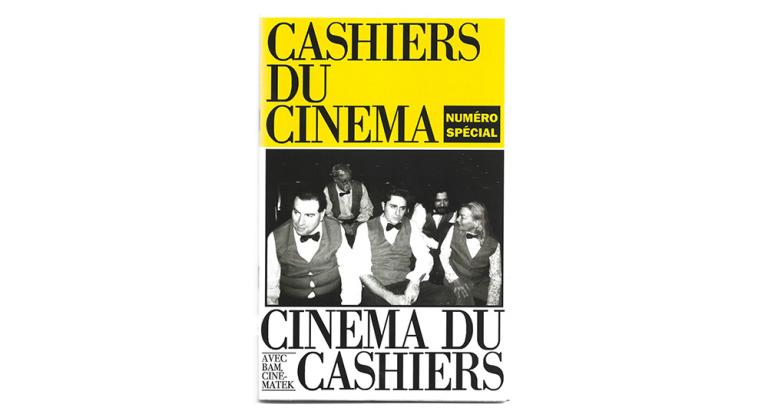Carl Franklin’s 1992 neo-noir One False Move opens with a tense scene of home invasion, introducing the three central antagonists played by Michael Beach, Cynda Williams, and Billy Bob Thornton, who also served as co-writer. It’s a stark, violent scene that announces Franklin’s intent to subvert audience expectations of the genre. By the early ’90s, dozens of neo-noir films had made it to multiplex screens, offering escapist tales of affairs gone wrong, labyrinthine crime capers, and the increasingly shocking merger of sex and violence (see Basic Instinct, released a couple months prior). Franklin’s film offers none of that, but remains one of the best films of the genre in any decade.
That the opening scene feels more like something out of Henry: Portrait of a Serial Killer (1986) than Blood Simple (1984), should tell you where Franklin’s sights are set. By the time we are introduced to the film’s protagonist, played by Bill Paxton, we have seen our villains stab, strangle, and brutally abuse multiple people and relish it. The violence is portrayed up close and bluntly, not the stylized excess that viewers would associate with a major studio production from the early ’90s. Rather, this feels like an outsider getting a foot in the door and doing something brash with that opportunity. Often mistakenly regarded as Franklin’s first feature, One False Move is actually his fourth directorial effort, following three largely overlooked, straight-to-video genre entries, produced for exploitation luminaries like Roger Corman and Cirio H. Santiago. That sensibility is prominent throughout One False Move’s 105-minute runtime.
Outside of the opening and closing sequences, One False Move isn’t a very action oriented film. It’s more concerned with the antagonists’ journey across the American Southwest than it is with perfunctory action scenes. Franklin succeeds by exploiting not the basest of cinematic excesses—gratuitous nudity, graphic violence—but the barbarity, bigotry, and poverty that pervade the region of its setting. By the time we get to the bullet-ridden climax—in which no character is safe, good or bad—the film has traveled from Los Angeles to Star City, Arkansas, on highways and back roads, where drug dealers, police officers, murderers, and femme fatales are all capable of the same transgressions against their fellow man. If this unrelentingly bleak worldview feels especially appropriate now, perhaps the film’s nihilism is evergreen.
One False Move screens this morning and tomorrow, July 2 and 3, on 35mm at Nitehawk Prospect Park, part of the series “Carl Franklin Noir.”




